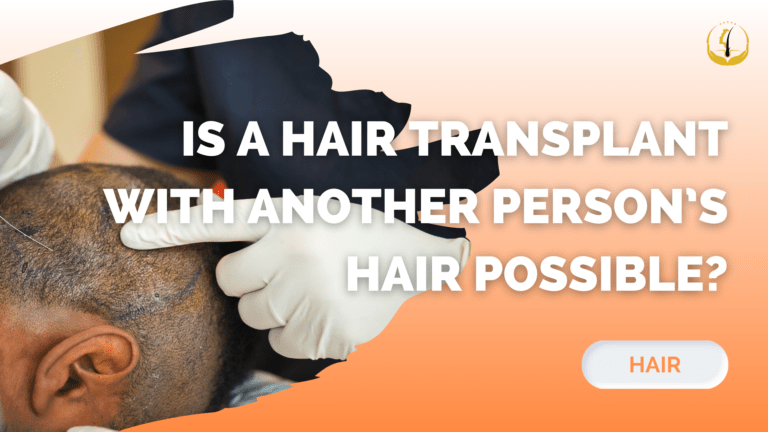Hair loss is a common concern for many individuals, affecting both men and women as they age. While there are various treatments and remedies available, one question that often arises is whether it’s possible to undergo a hair transplant malaysia using another person’s hair. In today’s blog post, we will explore the feasibility and ethical considerations of such a procedure.
What Are Hair Transplants?
Before delving into the topic of using another person’s hair for a transplant, it’s essential to understand the basics of a hair transplant procedure. Hair transplantation is a surgical technique that involves removing hair follicles from one part of the body (usually the back or sides of the scalp, where hair is genetically resistant to balding) and transplanting them to an area with thinning or no hair. This process is typically used to restore hair in areas affected by male and female pattern baldness.
The Compatibility Issue
The first hurdle in using another person’s hair for a transplant is the issue of compatibility. Human bodies have a unique immune system that distinguishes between self and non-self tissues. When foreign tissues, such as hair follicles from another person, are introduced into the body, the immune system may identify them as foreign invaders and mount an immune response. This can lead to the rejection of the transplanted hair follicles, causing the procedure to fail.
Immunosuppression
To overcome the compatibility issue, immunosuppressive drugs could potentially be used. These drugs are designed to suppress the immune system’s response, reducing the chances of rejection. However, using immunosuppressive drugs carries significant risks, including an increased susceptibility to infections and other health complications. Therefore, the use of these drugs for a hair transplant with another person’s hair is not a practical or ethical solution.
Ethical Considerations
Aside from the technical challenges, there are ethical considerations to take into account when contemplating a hair transplant using another person’s hair. Hair transplantation is typically performed with the patient’s own hair follicles or, in some cases, with hair grafts from a compatible donor (such as a family member). This approach ensures that the transplanted hair is genetically similar to the recipient’s, reducing the risk of rejection and achieving a more natural appearance.
Using hair from an unrelated donor raises ethical concerns related to consent, ownership, and the commodification of human tissue. It’s essential to respect an individual’s autonomy and bodily integrity, and using their hair without their informed and voluntary consent would be ethically questionable.
Alternative Solutions
Rather than pursuing a hair transplant with another person’s hair, there are alternative solutions available for individuals struggling with hair loss. These options include:
- Autologous Hair Transplantation: This involves transplanting a person’s own hair from one area of the body to another. Since it’s the individual’s own hair, there’s no risk of rejection.
- Hair Loss Medications: FDA-approved medications such as minoxidil and finasteride can slow down or even reverse hair loss in some cases.
- Platelet-Rich Plasma (PRP) Therapy: PRP therapy involves injecting a patient’s own platelet-rich plasma into the scalp to stimulate hair follicle growth.
- Wigs and Hairpieces: Non-surgical options like wigs and hairpieces can provide a quick and effective way to address hair loss.
In summary, while the idea of a hair transplant using another person’s hair may seem appealing, it is fraught with technical challenges, immunosuppressive risks, and ethical concerns. The current state of medical science does not support the feasibility of such a procedure. Instead, individuals seeking to address hair loss should explore alternative treatments and consult with GLOJAS hair experts to determine the most suitable approach for their specific needs. Ultimately, respecting ethical principles and prioritizing patient safety should guide decisions in the field of hair transplantation.
Click the link to learn more about Hair Transplants: Hair Transplantation Frequently Asked Questions
At Glojas, we welcome clients to reach out to us directly to schedule a free initial consultation. We offer guidance and valuable insights on how best to address your specific challenges. Let us assist you in navigating your journey with confidence and clarity.
